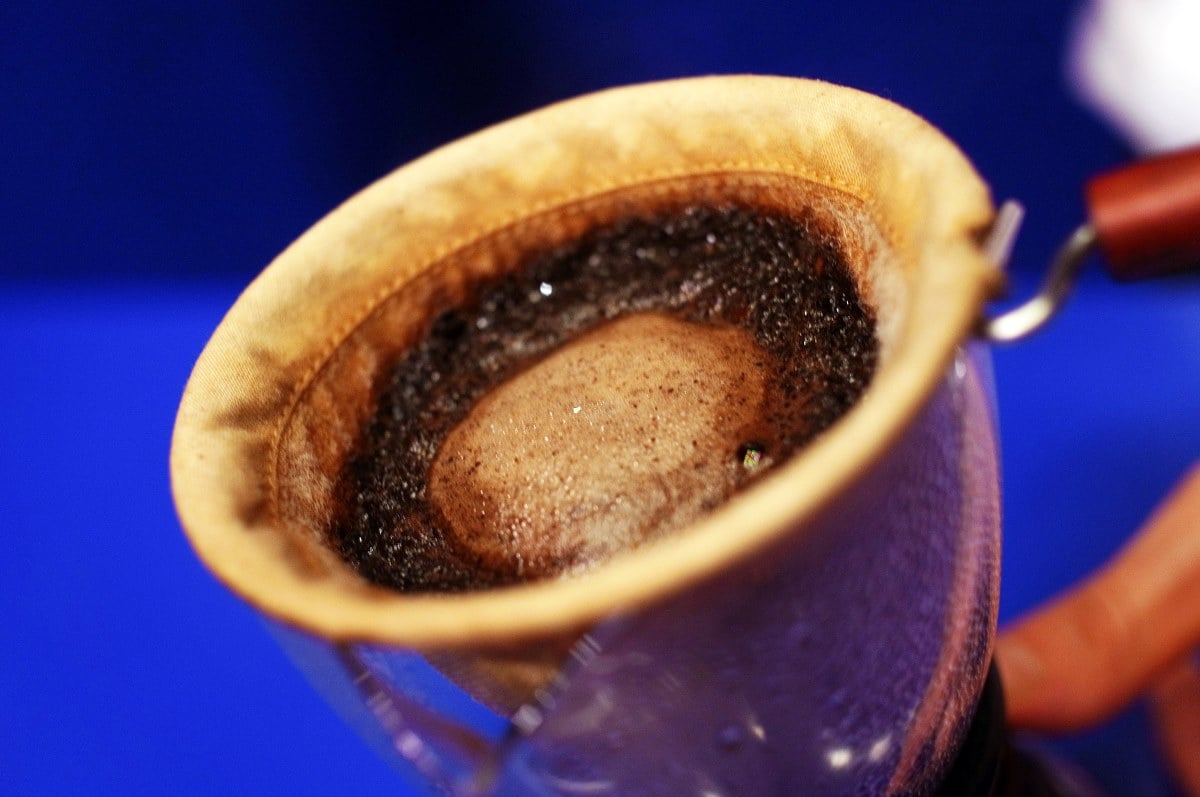Recent studies reveal that your daily coffee habit might be doing more than just waking you up – it could be adding years to your healthy life. Research published in the European Journal of Nutrition found that adults who drink coffee regularly are less likely to experience age-related frailty, with specific amounts showing the most benefit.
The Dutch study examined adults 55 and older, tracking their coffee consumption over seven years. Those who drank more than four cups daily showed significantly lower chances of developing frailty as they aged. Even those consuming two to four cups saw notable benefits compared to non-coffee drinkers.
Before coffee lovers celebrate by ordering extra-large drinks, it’s important to understand the measurements. In the European study, one cup equals approximately 4.2 fluid ounces – roughly half the size of a standard 8-ounce American cup. This means four “European cups” translates to about two standard American-sized servings.
“In simple terms, according to the study, the more coffee people drink within reason, the lower their chances of developing frailty in later life,” explains Dr. Ehsan Ali, an internal medicine physician trained in geriatric care.
A separate study from Tufts University reinforces these findings. Their research involving over 46,000 people found that drinking black coffee or coffee with minimal sugar and fat content was linked to a 14 percent reduction in mortality risk compared to no coffee consumption. The sweet spot appears to be two to three cups daily.
Coffee’s protective effects stem from its rich composition of beneficial compounds. Jennifer Bianchini, a functional dietitian, points out that coffee contains powerful antioxidants that combat oxidative stress – an imbalance that leads to cell damage linked to aging. The beverage also reduces chronic inflammation, a key factor in age-related decline.
Perhaps most surprising is coffee’s role in preserving muscle mass. “As we age, we lose muscle tissue, but coffee intake may possibly slow or prevent this condition,” Bianchini explains. The bioactive compounds in coffee support healthy cell function and renewal, enhancing muscle energy and strength.
Similar Posts
Coffee also improves metabolic health by enhancing insulin sensitivity, which indirectly lowers frailty risk. This is crucial because long-term insulin resistance causes chronic inflammation, decreased muscle mass, and worsened oxidative stress – all factors that accelerate aging.
Beyond frailty prevention, regular coffee consumption offers additional benefits. It boosts cognitive function, with studies showing slower decline in executive functioning and attention span among coffee drinkers. It enhances athletic performance by increasing adrenaline levels. Most significantly, moderate coffee intake has been linked to a reduced risk of early death, heart disease, stroke, and liver conditions like cirrhosis and cancer.
How much coffee should you drink to reap these benefits? For most adults, one to two standard 8-ounce cups daily provides optimal health advantages. The maximum safe amount for healthy adults is about 400 milligrams of caffeine daily – approximately four 8-ounce cups of brewed coffee.
Interestingly, even decaffeinated coffee showed benefits in reducing frailty risk, suggesting that caffeine isn’t the only hero. The antioxidants and plant compounds in coffee appear equally important in promoting healthy aging.
However, not all coffee drinks are created equal. Adding excessive sugar, whipped cream, or flavored syrups dramatically changes the health profile. “When you load coffee with syrups, whipped cream, flavoured creamers, sugar, or artificial sweeteners, you completely change the health profile,” warns Bianchini. These additions spike blood sugar, contribute to inflammation, and cancel out the potential anti-inflammatory benefits of plain coffee.
A study from Tufts University confirms this distinction. While black coffee or coffee with minimal sugar and fat showed a 14 percent mortality reduction, heavily sweetened or creamy versions showed no mortality benefits.
For maximum anti-aging benefits, experts recommend drinking coffee black or with just a splash of milk. Timing matters too – morning consumption is preferable to late-night caffeine, which can disrupt sleep patterns.Coffee isn’t a miracle cure or an antidote to unhealthy habits. As liver specialist Dr. S.K. Sarin notes, it “can be considered a drug for metabolic liver diseases but it’s not an antidote to smoking, alcohol, sugar and fat.” Nevertheless, for healthy adults, moderate coffee consumption appears to be a simple, enjoyable way to support longevity and maintain strength and vitality with age.
Frequently Asked Questions
Research suggests that 1-2 standard 8-ounce cups of coffee daily provides optimal health benefits. Studies show this amount is associated with a 14% reduction in mortality risk. While some research indicates benefits with up to 4-6 cups, most experts recommend moderation, as excessive consumption may cause side effects like jitteriness, increased heart rate, anxiety, and insomnia in some individuals.
Yes, research shows that adding sugar, cream, or milk can significantly reduce or completely eliminate coffee’s health benefits. Studies indicate that black coffee or coffee with minimal additives provides a 14% reduction in mortality risk, while heavily sweetened or creamy versions showed no mortality benefits. The antioxidants and bioactive compounds in coffee work best when not combined with high amounts of sugar and saturated fat.
While decaffeinated coffee does contain beneficial antioxidants and plant compounds, research suggests it may not provide the same level of anti-aging benefits as caffeinated coffee. The European Journal of Nutrition study found no significant association between decaffeinated coffee and reduced frailty risk. However, some studies indicate decaf may still offer certain health advantages, suggesting the beneficial compounds in coffee extend beyond just caffeine.
Coffee contains powerful antioxidants and bioactive compounds that combat oxidative stress and reduce chronic inflammation—both major drivers of aging. It helps preserve muscle mass and strength as we age, improves metabolic health by enhancing insulin sensitivity, and supports cardiovascular and liver health. Coffee’s compounds may also boost cognitive function and offer neuroprotective effects, potentially reducing the risk of neurodegenerative diseases like Alzheimer’s and Parkinson’s.
Yes, certain individuals should limit or avoid coffee consumption. People with caffeine sensitivity, heart conditions, high blood pressure, anxiety disorders, sleep issues, or certain genetic factors may experience adverse effects. Pregnant women are typically advised to limit caffeine intake. Coffee can also interact with certain medications. Dr. Sara Mahdavi notes that “slow metabolizers” of caffeine might face increased risks of kidney issues and hypertension with high coffee consumption, suggesting a personalized approach is best.
The research is still evolving on gender differences in coffee’s anti-aging effects. Many of the prominent studies, including the 30-year Nurses’ Health Study involving nearly 50,000 women, focused primarily on female participants. Hormonal differences can affect how caffeine is metabolized—estrogen inhibits a liver enzyme crucial for breaking down caffeine, potentially causing it to remain in women’s bodies longer, especially during hormonal transitions like menopause. More research is needed to fully understand if men and women benefit equally from coffee consumption.



















